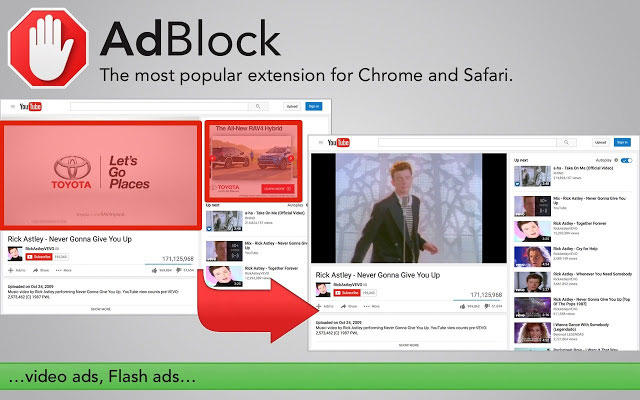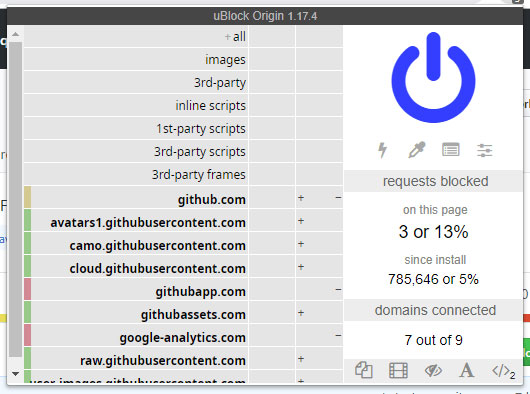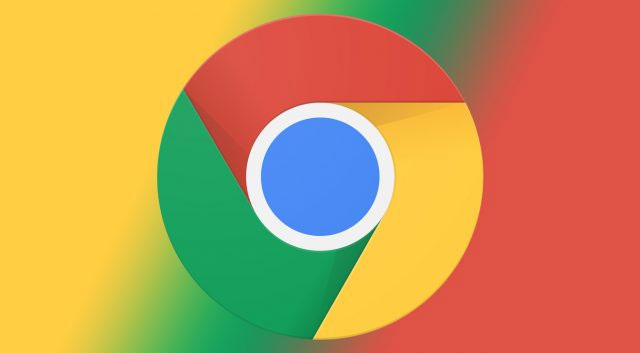Google officially gave feedback on concerns related to Chromium blocking ads
In January, we covered every growing concern of web developers as well as extensions with information about Google planning to remove the webRequest API and replace it with declarativeNetRequest API is new, less powerful and will also limit the number of rules that developers can use to filter ads.
- Upcoming changes on Google Chrome may remove all ad blocking software
At the time, the developer of one of the best, most commonly used adbock applications was uBlock Origin, which harshly criticized Google's plan on bug.chromium.org, in which he concluded as follows:
"If the declarativeNetRequest AP implementation is put into practice, this basically means that two ad content blockers that I have maintained and developed for years are uBlock Origin (uBO) and uMatrix will no longer exist. Google is trying to eliminate ad blocking and call it privacy protection. "

Although ad blocking extensions can be a 'thorny' in the eyes of companies because it directly affects their advertising revenue, but these extensions are beneficial for users and that is the key issue.
And now, a senior Google engineer, responsible for Chromium has officially spoken out for community concerns, and it is important that Google agreed with some concessions, though Nothing is clear at the moment.
Accordingly, Google is still determined to remove the webRequest API, saying that this is the cause of increasing abuse. However, the US giant has agreed to improve the declarativeNetRequest API in the following way:
- Dynamic Rule Support: This will be very valuable in creating more sophisticated content-blocking extensions, and will add many features to support possible declaration rules. Added or deleted when declarativeNetRequest API is run.
- Increase the size of Ruleset (Increased Ruleset Size): Google will increase the rule limit from the draft value of 30K. However, the upper limit is still an essential element to ensure user performance. Block lists tend to only increase, not decrease, in which new rules are added, but outdated rules are rarely erased (a study has shown that 90% of EasyList blocking rules not beneficial in normal blocking situations). The continued expansion of this list and unlimited development will most likely be the problem.
- Actions and Additional Actions (Additional Actions and Conditions): Google intends to add pairing support features based on many conditions, such as resource size, and will provide additional actions to modify parts of requests instead of simply blocking as before, such as removing cookies. In addition, some other useful actions and conditions may also be considered, such as pairing based on top-level domains. As an additional note, while Google is considering adding features to support CSP modifications, adding JavaScript CSP headers to JavaScript is often referred to as a use case (use-case). ), this can be done via contentSettings API. If such a thing is not enough, users can submit comments to Google.

In addition, Google also said it will continue to work with developers and will not delete the Request API web before the alternative will be available and eligible to be used:
"Again, we want to emphasize the commitment to support extensions in Chrome, and of course we will continue to work with developers. Google will not release the V3 version until This platform is really ready, and there will certainly be a transition period so we can continue to address community feedback and problems Google will not remove support for Manifest V2 for until we are really confident in the stability of the new platform '.
- Google declined to add 55% of the new Android application to Play Store in 2018, but that's not enough!
Many people still question Google 's true purpose for the change they consider to be more tightly controlled by the user experience, and to allow tracking and bringing billions of people to use the service. more optimal advertising.

In short, no matter what Google's intentions are, many people will still consider this to be another Google effort to sell advertising, because limiting ad blocking gadgets just seems to be easily accessible. with more users only.
So what do you think about this move by Google? Please let us know in the comments section below!